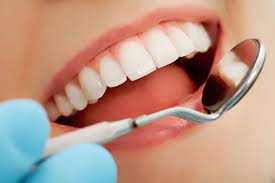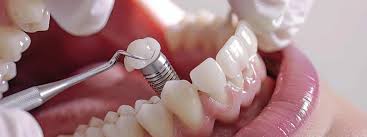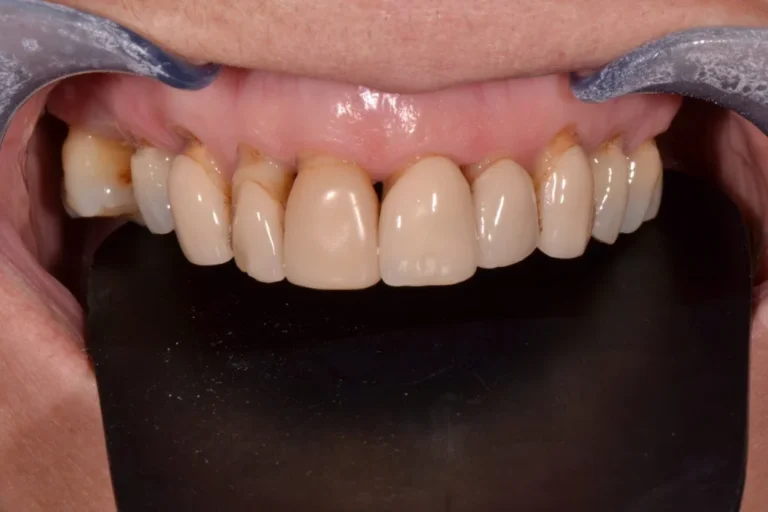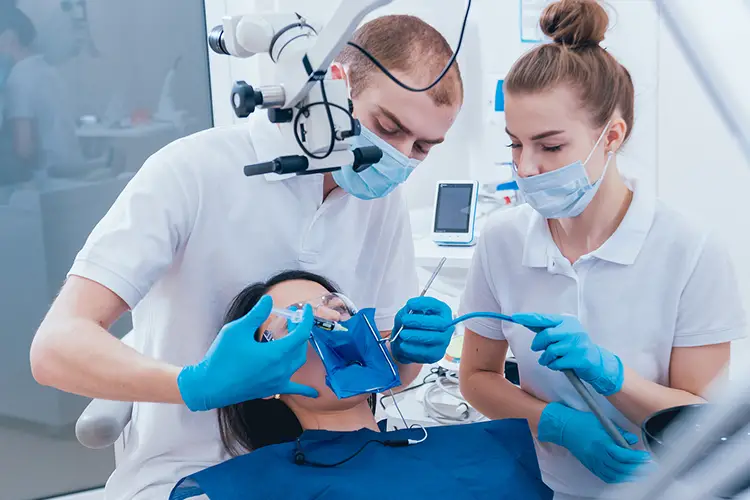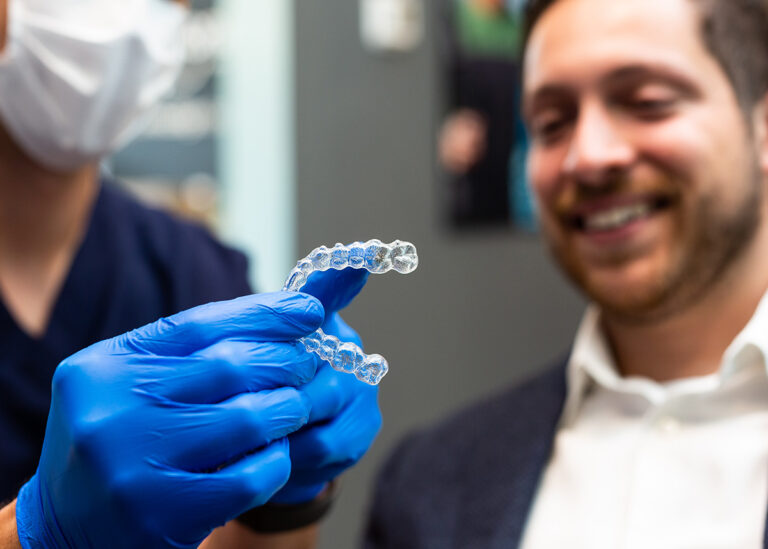The Role of Dentistry in Maintaining Good Oral Hygiene

Oral hygiene forms the foundation of dental health, and dentistry plays a central role in helping individuals achieve and maintain optimal oral care. Professional dental services work alongside daily home care routines to prevent disease, identify problems early, and provide treatment when needed. Understanding how dentistry contributes to oral hygiene helps patients make informed decisions about their dental care and establish effective oral health practices.
Professional Cleanings and Preventive Care
Professional dentistry cleanings remove plaque and tartar buildup that regular brushing and flossing cannot eliminate. Dental hygienists use specialized tools to clean areas around the gum line and between teeth where bacteria accumulate. These cleanings typically occur every six months for most patients, though some individuals may require more frequent visits based on their oral health status.
During preventive visits, dental professionals apply fluoride treatments to strengthen tooth enamel and make teeth more resistant to decay. They also provide dental sealants, which are thin protective coatings applied to the chewing surfaces of back teeth. These sealants prevent bacteria and food particles from settling in the deep grooves of molars, where cavities commonly develop.
Dentists and hygienists also provide personalized oral hygiene instruction during these visits. They demonstrate proper brushing techniques, recommend specific toothbrush types and toothpaste formulations, and show patients how to use floss effectively. This education helps patients improve their daily oral care routines and address any specific challenges they may face.
Early Detection and Diagnosis
Regular dental examinations enable the early detection of oral health issues before they become severe. Dentists examine teeth, gums, and surrounding oral tissues for signs of decay, gum disease, oral cancer, and other conditions. X-rays provide additional information about areas not visible during visual examination, including between teeth and below the gum line.
Early detection of dental problems allows for less invasive and more cost-effective treatment options. Small cavities can be treated with simple fillings, while advanced decay may require crowns or root canal therapy. Similarly, gingivitis can be reversed with improved oral hygiene and professional cleaning, but advanced gum disease may require surgical intervention.
Dentists also identify risk factors that may contribute to oral health problems. These include dry mouth conditions, grinding habits, dietary factors, and certain medications. By recognizing these risk factors, dental professionals can recommend preventive measures and modifications to help patients maintain better oral health.
Prompt Treatment and Restoration
When oral health problems do occur, dentistry provides treatment options to restore function and health. Restorative procedures such as fillings, crowns, and bridges repair damaged teeth and restore their ability to function properly. These treatments also help prevent further deterioration and maintain oral hygiene by eliminating areas where bacteria can accumulate.
Periodontal therapy addresses gum disease through deep cleaning procedures, antibiotic treatments, and surgical interventions when necessary. These treatments help eliminate infection and inflammation, allowing gums to heal and reattach to teeth. Maintaining healthy gums supports overall oral hygiene by providing a stable foundation for teeth.
Learn More About Dentistry
Dentistry provides the professional support necessary for maintaining good oral hygiene throughout life. Regular dental visits allow for ongoing monitoring of oral health status and adjustment of preventive strategies as needed. Professional cleanings remove harmful bacteria and deposits that daily home care cannot eliminate, while early detection and treatment prevent minor problems from becoming major issues. Patients who maintain regular dental visits and follow professional recommendations typically experience fewer dental problems and maintain better oral health outcomes.
- What to Expect When Visiting a Foot and Ankle Specialist
- Causes of PTSD
- The Link Between Plantar Fasciitis and Weight Gain: What You Need to Know
- How Pet Ownership Can Positively Impact Life with Fibromyalgia
- The Importance of Stretching and Flexibility in Sports Medicine
Dr. Emma Green is a health and wellness expert with over 10 years of experience in nutrition and fitness. Passionate about helping others live their healthiest lives, Dr. Green shares practical advice on wellness, nutrition, and sustainable living through LivingSpristine.

